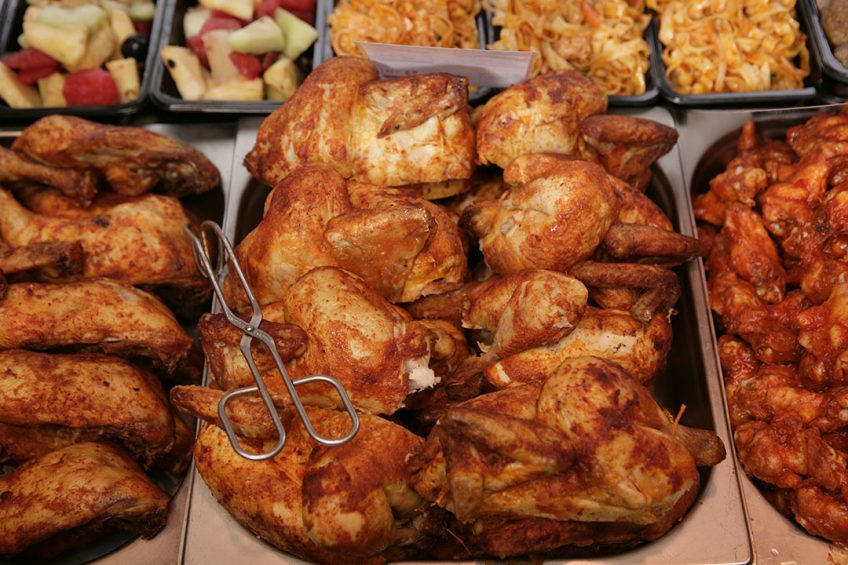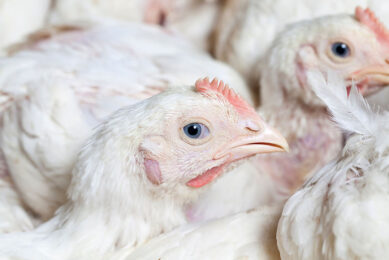Poultry is set to become world’s most consumed protein

Poultry is set to become the world’s most consumed meat protein in 2019 as African swine fever spreads in pig herds across China.
Delegates at the recent International Poultry Council (IPC) meeting heard how total world production of pork will decline in 2019 with poultry in position to wrest the crown from pork as the world’s most consumed meat protein.
The upheaval in meat proteins is being driven by African swine fever (ASF) in pig herds in 3 continents and 15 countries. Production losses in 2019 are expected to amount to 14% of the world’s pork supply but may continue to move higher.
“Hog losses in China due to ASF will trigger big shocks in global protein markets,” Christine McCracken, senior protein analyst at Rabobank, told IPC members, “and poultry is the meat protein with the most to win.”
ASF outbreaks are ravaging pork production mostly in the Eastern Hemisphere, but the biggest impact is in China where nearly one-half of the world’s pigs are raised. Herds there are being hard hit by a disease that results in 100 percent mortality of infected stock and for which no vaccine exists.
The disease, which has been in Russia and Eastern Europe for several years, was found in China in August 2018 and is spreading to Southeast Asia and Vietnam (the world’s fifth largest producer of pork). A small outbreak in the European Union has threatened exports there.
“China produces 98% of its pork, so a forecasted 30% decline in supplies there by year’s end will lead to a decline in total world protein supplies in 2019,” McCracken said.
The world will be unable to fill the supply gap in meat proteins, according to McCracken. “Expect imports of all proteins (beef, poultry and seafood) to have limited near-term impact. Prices for all proteins will rise,” she said.
ASF losses will leave China 10% short of meat proteins, but China may be able to increase domestic production of other proteins like eggs, beef, seafood and poultry. “Poultry imports might benefit the most,” she said.
Join 31,000+ subscribers
Subscribe to our newsletter to stay updated about all the need-to-know content in the poultry sector, three times a week. Beheer
Beheer











 WP Admin
WP Admin  Bewerk bericht
Bewerk bericht